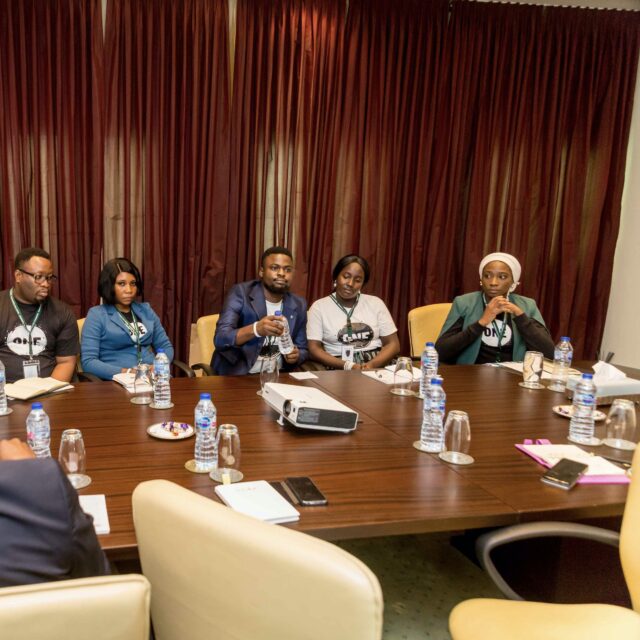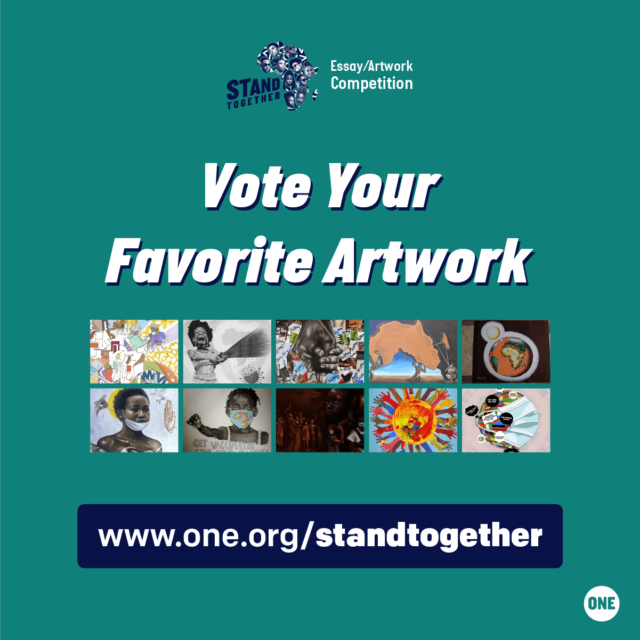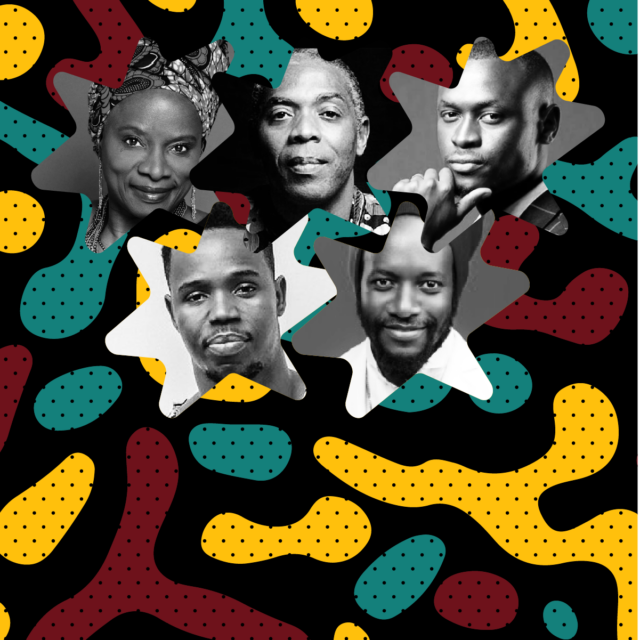Désiré Assogbavi is the ONE’s Francophone Africa Director. This blog is a summary of a paper he presented at the University of Johannesburg, South Africa during a conference on “Good governance, participatory democracy, and social justice: Civil society as an agent of change and innovation in Africa.”
An integrated, peaceful, and economically developed Africa needs the full involvement of all segments of our society. It cannot be left in the hands of the only politicians holding office.
That’s why both institutionally and informally, national, regional, and pan-African affairs should make room for the participation of citizens. The continental Agenda 2063 recognizes that people’s ownership and mobilization are crucial and critical enablers to realize Africa’s aspirations. For a prosperous and democratic society, the state and a well-organized civil society should be seen as the two sides of the same coin. They complement each other. Civil society must be seen as a reservoir of social capital that is capable of contributing to all aspects of national, regional, and continental development.
Capitalizing on citizen engagement
Citizen engagement with their leaders improves the delivery of inclusive, accessible, and responsive public service. These include healthcare, safe water, quality education, decent jobs, and more. Looking at the challenges that our continent is currently facing, supporting democratic accountability and participation towards a people-driven development has never been more urgent.
Excluding or limiting citizens from policy development can lead to poor political and policy accountability mechanisms. This leads to service failure, abandoned projects, waste, and institutional inefficiencies, and will further exacerbate poverty.
How civil society organizations can help overall
The influence of civil society and civil society organizations in national and continental policy-making can enhance and inform governmental and intergovernmental processes. Such organizations have the ability to contribute to peace-building initiatives and social cohesion.
Specifically, in conflict-affected areas, civil society has the capacity to organize the collection, analysis, and evaluation of first-hand information. This can help identify the sources of potential tensions, as well as emerging conflicts. Addressing the conflicts of today requires on-the-ground understanding, new skills of social and cultural analysis, the active involvement of communities and their leaders, links to vulnerable groups, and new ways of working. Civil society organizations have unique capacities in all those areas.
And those specifically targeting regional and pan-African institutions have an important role to play as a complement and a backup to national groups as well. They are less exposed to risks compared to national civil society organizations and can contribute, influence, and incite member states through regional and continental bodies on local policy issues.
But while this is important, we know that the actual implementation of decisions and fundamental changes happen at a national level instead of regional.
Threats to civil society organizations
At a national level, too many African countries have adopted and continue to adopt nationwide legislation that reduces civic space. There are increased control and undue restrictions on the formation and the activities of these organizations. Restrictive laws have resulted in limited civic space, and have restricted the ability of citizens to participate in public life, and speak truth to power. Reasonable regulation, however, can enhance effectiveness and accountability in the sector But these regulations must not be overly burdensome, driven by political motives, and designed to shoot down independent voices.
Africa has a proud history of civic activism. Social movements and activists were a vital component of most independence struggles, and civil society was a driving force behind state formation and state-building.
What can we do?
It’s crucial that African countries harness the power of civil society organizations to further development on the continent, both regionally and nationally. Here are a few ways to do so.
- We must push for a moratorium of restrictive civil society organization laws in Africa, and bring the debate to a regional and pan-Africa level.
- Progressive member states should discuss the role of civil society organizations at a continental level.
- The AU must work together to create and commission an independent continental task force to look at the situation, review laws and regulations that affect civil society organizations.
- Civil society organizations must group on this matter and organize themselves accordingly.



